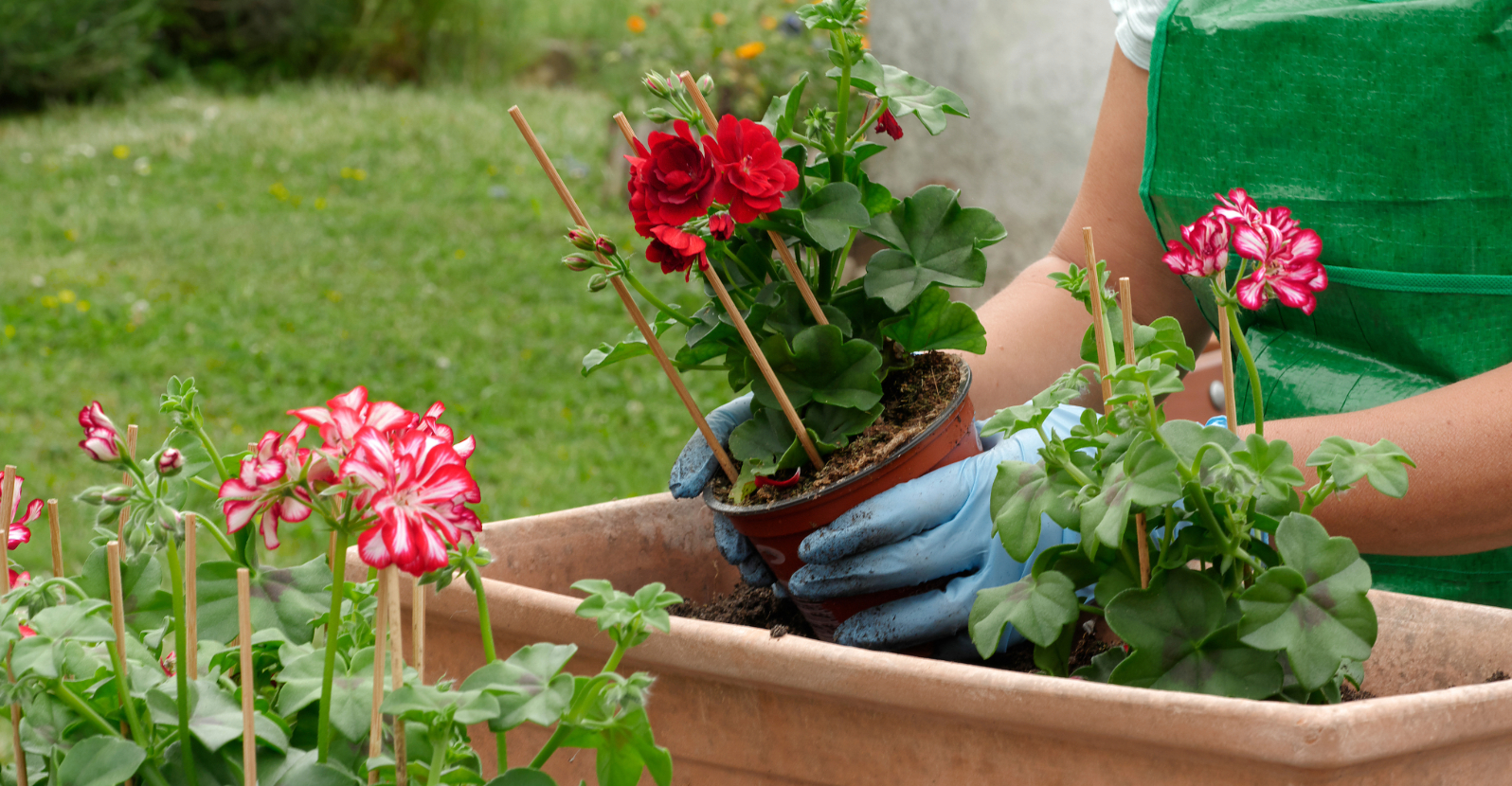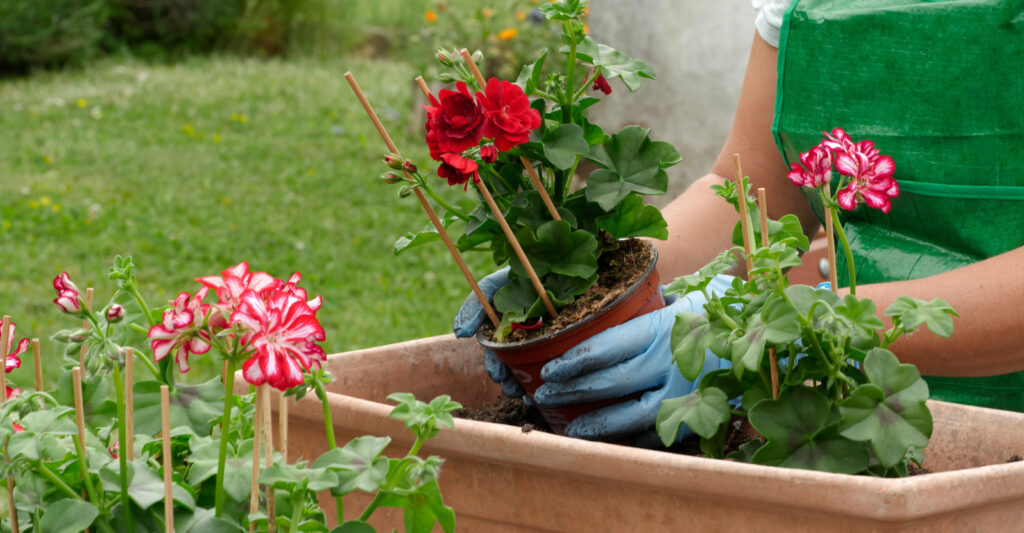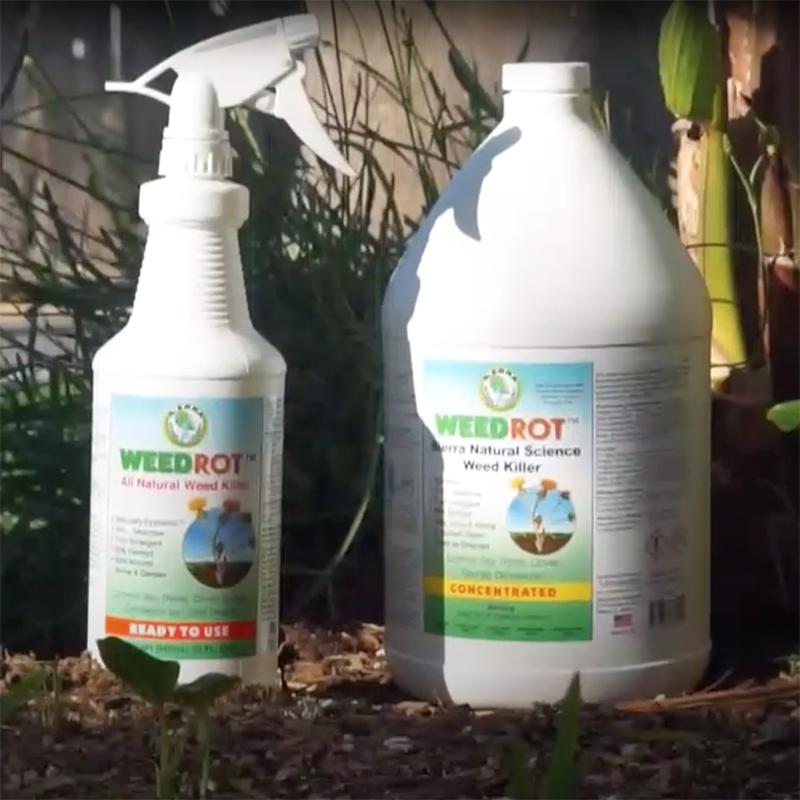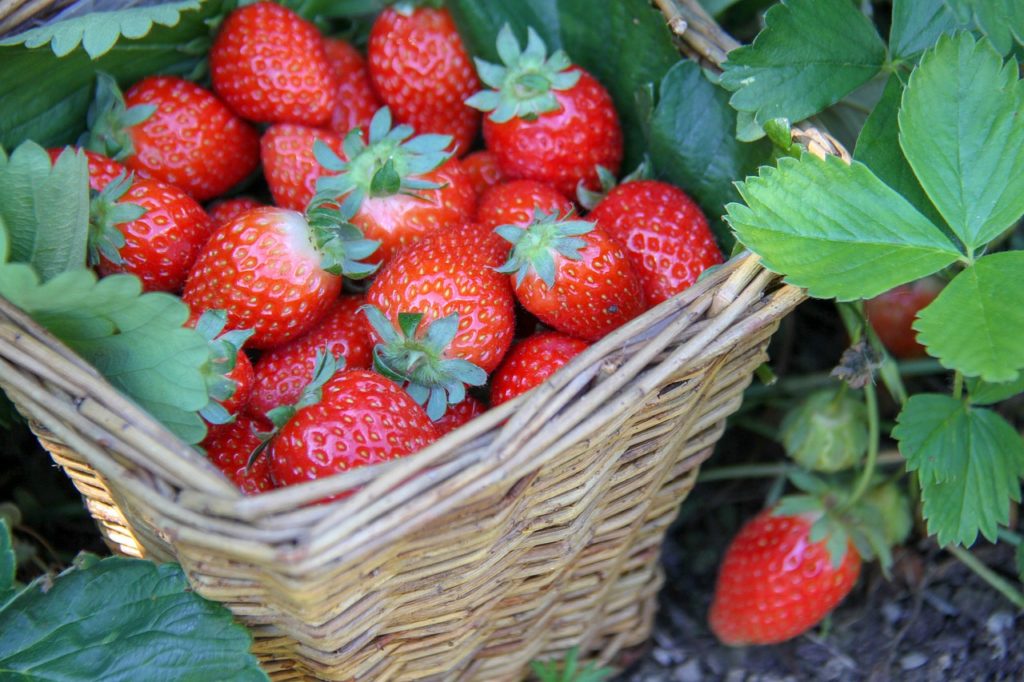
How long does weed killer last
April 29, 2021How long does weed killer last? This is the question that many homeowners and gardeners ask, particularly when using herbicides to rid their gardens of weeds. Broadleaf weeds have always been a significant problem in gardens, both because they’re unsightly and because they are difficult to control. While the compounds used in some of the best weed killer products can be somewhat safe, there are still dangers involved with using herbicides regularly. Below are a few facts about herbicides that you need to keep in mind, as well as how herbicides affect the environment.
How long do weed killers last? In order for herbicides or a weed preventer to be effective, you must use them over a specific time period. Click here to learn more about how long it takes weed killer to work. The sort of herbicide used will determine how long weeds live in the soil where they are sprayed. The length of time depends on the concentration of the herbicide and the potency of its chemical structure.
Most people today understand that harmful chemicals can be harmful to people if they are consumed. However, ingesting herbicides is not the only way these chemicals enter our bodies. When perennial weeds are sprayed with a herbicide, they become coated with the herbicide. This coating provides them with a protective coating, which protects them from most pesticides and herbicides in the market today.
How Do I Protect Myself From Exposure to Herbicides?
You can purchase a selective weed killer that is specially designed to protect you from direct contact with the herbicides themselves. These sprays, often called non-stick sprays, come in cans with self-stick tabs so you can easily apply them yourself. Another alternative is to find products that contain special coatings that make contact with herbicides less likely.
As an example, some manufacturers make their weed killers water-resistant, so you don’t have to worry about them getting washed off when you spray your yard. Keep in mind that although these sprays are sprayed on annual weeds, they can still get into the soil, so you should also be sure that you don’t have weed killer on your lawn.
How long does weed killer last when used in and around my home? The quantity of time that herbicides remain in the soil depends mostly on the type of weed and where it’s being sprayed. When it’s being used on ornamental grasses, weeds may not grow very long. If the lawn weed killer has been used to kill more common, resistant existing weeds, then it will typically stay in the soil considerably longer. Be sure to read the label carefully when choosing a weed killer in your region.
For all of these reasons, its important to start creating sustainable solutions that don’t harm the environment long term. That’s why creating thoughtful, natural and safe weed control solutions are critical to our planet’s future.

How Long Does a Weed Killer Survive When Exposed to Sunlight?
While sunlight does not affect some kinds of herbicide, sunlight will affect others. Common weed killers that are sun-resistant include Bon Ami and Duel, but other substances are available in place of these. It’s important to be sure that you follow the directions carefully when applying chemicals to your lawn. For instance, you don’t want to drive or walk while applying a systemic weed killer that’s supposed to be used around the home.
Weedkillers are often applied to stop growth from spreading for even a tough weed. But when the weed growth already exists, they may still be used as directed. Before applying chemicals to your yard, check with your local garden shop to make certain that your chemical will be compatible with the dirt in your area. Also remember, depending on how much water or fertilizer you are applying, this could last as little as a few days. But if you need to use it quickly, you’ll probably have to apply more chemicals.
So now you know the answer to this question, “How long does weed killer last?” Those who ask this question often also ask how long does it take weed killer to work and can find the answer in that blog article. If you look after your lawn and garden, you will have weed-free green grass in no time whatsoever. Start applying those herbicides and other chemicals early in the spring, before the bud emerges from the ground, and you can be confident that you’ll have a beautiful, weed-free lawn for years to come.
You can only use non selective weed killer spray on the weediest vegetables in your vegetable garden in summer, however, you still have to select the correct weed killer for the type of vegetables you plan to grow. Before you purchase and use broadleaf weed killer on your own plants, consider your intended reasons for applying it to your own plants. Remember that whatever you put into the soil or onto the veggies will eventually end up in your veggies. You’ve got to use the correct weed killer for the sort of vegetables you develop.
There Are Two Types of Herbicides
There are two types of herbicides: chemical glyphosate herbicide and non-chemical systemic herbicide. Chemical herbicides kill weeds by curbing their growth and preventing them from growing. They usually contain two important ingredients: a herbicide and an insecticide. Additional methods of weed control include physical removal of the weeds by hand, popping them up using a shovel or fork, or using pesticides.

Non-Chemical Herbicides
Non-chemical herbicides, such as organic weed control products, function more gradually to prevent weeds from growing. They are applied before the plants have sufficient moisture to recover. The micronutrition in organic cover plants help nearby plants resist diseases. When you are ready to apply the organic treatment, you just take a spade and dig out the row you would like to treat, keeping in mind that the depth of treatment may vary depending upon the thickness of the soil. A very shallow trench with a mesh screen covering it could be dug rather easily. Just remember that a heavy trench will take longer to dig than a shallow person. You may also consider using homemade solutions like a horticultural vinegar solution or dish soap, though be advised these are not as effective as a natural selective herbicide or pre emergent weed killer from SNS. All SNS products have ingredients that are safe for vegetation yet get rid of undesirable broadleaf plant weeds.
Organic Herbicide
Before you apply the organic herbicide, make certain there’s no rust or signs of wetness on the ground. Should you discover moisture, clean the region to stop additional water or damage to the soil. You might even use a compost-based fertilizer to feed the weeds before you use the pre emergent herbicide on pesky weeds to protect your more desirable plants. This is the best selection for a long-term outcome. The item breaks the nutrients down so that you won’t need to when dealing with a grassy weed. If you don’t have a compost tumbler to break off your compost before employing it, think about using crushed tomato or backyard peat instead.
Organic Weed Killers – Why You Should Use Them
To start the organic weed killer application, dig out a trench approximately two to three feet wide and six to eight inches deep, depending on the size of the weeds. Spread the compost on the bottom of the trench and the weeds at a direct line. When you spray the killer on the garden soil, you’re providing a fantastic barrier of protection to prevent the weeds from growing back later. Check out the best weed killer solutions here.
It is important not to use weed killer directly on the veggies. Spraying the chemical on the leaves, stems, and seeds are okay. Nonetheless, make sure that you wear gloves and other appropriate personal protective equipment, also use a face mask when spraying on plants. You do not want any casual sprays on your family members or pets. The chemicals can also impact your crops, so wear gloves if you plan to move the herbicide.
When you are ready to apply the weed killer, loosen the weeds with a spade, and start digging. You will want to weed out all the deeper stems and roots, and the roots may offer food for those weeds. Keep digging until there are not any weeds in your vegetable garden. Then clear away any stones or stones that may have gotten caught on your gear. Continue the dig and clear away any rocks or soil that’s too thick or tough for your equipment to take care of. Make certain nobody gets hurt and then you’re able to remove the dead plant condition residues.
After the area is cleared, you can use organic herbicide. Use a steel wheel to push on the herbicide through the trenches. Function in a back-and-forth movement, covering an area about twice the width and height of the weeds. Work slowly and be sure nobody is getting hurt. If you’re still having trouble removing the weeds after applying the organic herbicide, then you may need to add more to the bucket to cover the entire weeds in that area.
Salt is very salty, and in this scenario, it won’t harm you even if you ingest or touch it, so it’s a good alternative. However, a problem with this chemical is that it continues in the dirt and inhibits plant growth development. Anybody who has attempted to nurture young plantings in a field that receives salted soil from the highway which gets baked in the hot sun all summer long may attest to the. It does not help, either, that weeds have become drawn to the wet warmth of the southern skies in many regions of the world. In such areas, the use of salt is a common issue and a source of shame for herb homeowners.
Herbicides kill weeds by killing them. But weeds have a natural developmental process and are part of the plant’s normal growth. Weeds that grow during the growing period are known as annuals. And those that grow later in the fall are called perennials. SNS makes a natural weed killer product called Weedrot Concentrate which may help you to conquer your weeds.
How long does a weedkiller survive when exposed to water?
A problem that lots of people have with herbicide-coated seeds is that they often contain traces of the herbicide. This often occurs when the herbicide is applied before the plant gets a chance to germinate completely. That is why some organic gardeners prefer to use organic weed control methods rather than chemicals. Numerous organic techniques work well at getting weeds under control without ruining the entire plant. Let’s look at a couple of them today.
Planting tomatoes and peppers in the spring will likely do more damage than good in the means of weed killers. These are warmer times, so the root systems of these plants are better able to dig from the earth to provide them with water and food. Also, there is more rain in the springtime. So in order to maximize their yield potential, plant them at the dirt per month or two earlier in the season. This may help them to be easier to harvest as the dirt is still slightly moist from becoming water-soluble. You could even get good results using a mulch fertilizer rather than an herbicide product if you choose to plant tomatoes and berries in the fall.
But for bigger or more stubborn weeds, such as black-eyed Susans, Chinese cabbage, bundle, and St. John’s Vines, herbicides are necessary. And there are distinct differences between conventional and chemical herbicides. If you are thinking about planting in the autumn, then go ahead and use a chemical weed killer, but make sure it is filed for that purpose so you comply with the directions on the container. Apart from that, however, there’s absolutely no reason to resort to chemical herbicides, unless completely essential.

For black-eyed Susans, Chinese cabbage, and bundle, you don’t have to spray because they will usually die from the spray itself – they just wither and perish from sunlight. For most other weeds, nevertheless, spraying will work well with a fantastic excellent herbicide containing either broad-spectrum copper compounds. Just do not forget that a good business dishwasher detergent may even repel weeds, therefore add a tbsp or so of dishwashing detergent to your bud before beginning to apply the homemade weed killer.
Also, be on the watch for product labels. Some weed killers contain active ingredients that are toxic to crops, and they shouldn’t be present in almost any weed killer you purchase in your garden. Never buy a weed killer that contains hydrocyanic acid, which is widely used in professionally employed cream herbicides; it’s very toxic and causes death in very little time. The only ingredient which should stay on the product tag is the weed-killing element, which you should double-check before purchasing the product.
Besides these tips, homemade weed killers are safer to use than non-organic ones, and they do not damage the soil at all. If you do not have plenty of space to treat large areas, then a natural solution is probably the ideal way to go. They are far cheaper than chemical products, especially organic products, nor harm the soil at all. If you have to weed control very large yards or fields, then a natural product is certainly the way to go.

